- /
- Blog
- /
- On-Page vs. Off-Page SEO:...
On-Page vs. Off-Page SEO:
Key Differences & Benefits
On-Page vs. Off-Page SEO: Key Differences & Benefits
In today’s ever-changing digital landscape, there is a constant struggle for businesses to establish a solid online presence. Whether you have a well-established brand or a new startup, your visibility on search engines can either lead you to success or to failure. With billions of searches happening every single day, it requires a lot of effort to stand out in the digital world. This is where Search Engine Optimization (SEO) comes in. SEO is more than just stuffing pages with keywords— it’s a combination of countless methods that helps search engines choose to rank your website higher. On-page SEO and off-page SEO are two most important components of SEO, and they both have their own unique importance when it comes to improving search rankings. Let’s explore what each of them means and how they differ.
What is on-page and off-page SEO?
On page SEO deals with content, titles, and images hosted on your website. Off-page SEO is focused on acquiring backlinks and raising your website’s authority. Both are crucial to ranking your website and, at Vibrant Branding and Strategies, we excel in both. Here are the explanation of both on-page and off-page SEO
What is On-Page SEO?
On-page SEO is the process of improving a website’s ranking on search engines through optimizations done directly on the site. It involves refining content, structure, and other technical aspects of a website to improve its ranking on search engines. Some important factors include:
- Keyword Optimization – Insertion of important keywords within the content. Especially strategically relevant ones.
- High-Quality Content – Providing content that is informative, engaging and valuable to the users.
- Meta Tags & Descriptions – Use of meta titles and descriptions that are appealing to the eye which in return will improve click-through rate.
- URL Structure – Make sure that URLs are easy to read, contain relevant keywords, and are not overly complicated.
- Internal Linking – Improve interaction and navigation within the website by linking various pages together.
- Mobile-Friendliness – Make the site mobile responsive so people can easily access it from mobile devices.
- Page Speed Optimization – Decrease the time it takes for loading pages so that the website can be more user friendly and rank better.
What is Off-Page SEO?
Off-page SEO is activities done outside of the website to impact the search rankings which mostly has to do with building credibility, authority, and awareness with other people. Here are a few key off page SEO activities and examples:
- Backlink Building—Obtaining quality backlinks from trustable sites to increase domain authority.
- Social Media Engagement—Improving the brand awareness and website traffic through social media interaction.
- Guest Blogging—Publishing posts on other websites to advertise your own site through backlinks.
- Influencer & Brand Mentions—Being noticed by key people in the industry.
- Local SEO & Listings—Optimizing for Google My Business and other online listings and searches for places.
Just as on-page SEO makes sure that your website is optimized within boundaries, off-page SEO grows the trust of the website externally. It is this external trust that then translates into improved rankings.
What is the distinction between SEO and paid advertisements?
SEO uses an unpaid method that increases the traffic of a website as a result of its optimization versus paid ads which are PPC. Vibrant Branding and Strategies specialize in providing businesses in Mumbai with sustainable long term SEO results unlike other paid ads that cut off the moment funds are exhausted. Both SEO and paid ads campaigns are very important in digital marketing, but they are different in steps and results.
1.Cost and Investment
- SEO is effective in generating traffic without having to directly pay for every visit. However, seeing results requires time invested in optimizing content and building links.
- Paid Advertisements allow businesses instant visibility of their products, but require payment for each click or impression. The visibility only lasts while the budget is available.
2. Speed of Results
- Search engine optimization relies on multiple factors like content quality, backlink building, and search algorithms, so it takes time to show results.
- In contrast, paid advertisements provide instant results. This allows them to be used during short-term ad campaigns or product launches.
Want to maximize your marketing ROI? Our audit & consulting services help identify what’s working and what’s not.
3. Credibility and Trust
- SEO relies on determining the relevance and quality of websites. This leads to users having a greater trust as they prefer non paid results.
- The ‘sponsored’ label on Paid Advertisements ads does not guarantee build long-term trust among users.
4. Sustainability
- SEO results are sustainable since optimized pages continue to rank even without new investment made.
- While Ads are running, traffic is increased with paid advertisement. However, this method is not sustainable without ongoing investment.
4. Strategic Approach
- Depending on the goals of a business, a well-rounded mix of SEO and paid advertisements can yield great results. If a business needs to be visible immediately, paid ads are perfect, but for sustained growth over time, SEO is much more effective.
A comprehensive digital marketing plan needs both on-page and off-page SEO strategies to be successful. While on-page SEO makes sure that your site is set for search engine scanning, off-page SEO helps in acquiring backlinks which fortifies the credibility of the domain. Also, the differentiation between organic SEO and paid advertising is important as it helps businesses form a stronger overarching marketing strategy. Thus, with the effective use of these strategies, one can improve online visibility, increase traffic, and find success within the digital world.
Share this Article On:
Recent Updates
- 12 February 2025
- 12 February 2025
- 12 February 2025
- 12 February 2025
- 12 February 2025
Have a Question?
If you cannot find answers to your queries, please fill out the enquiry form. We will contact you shortly.








